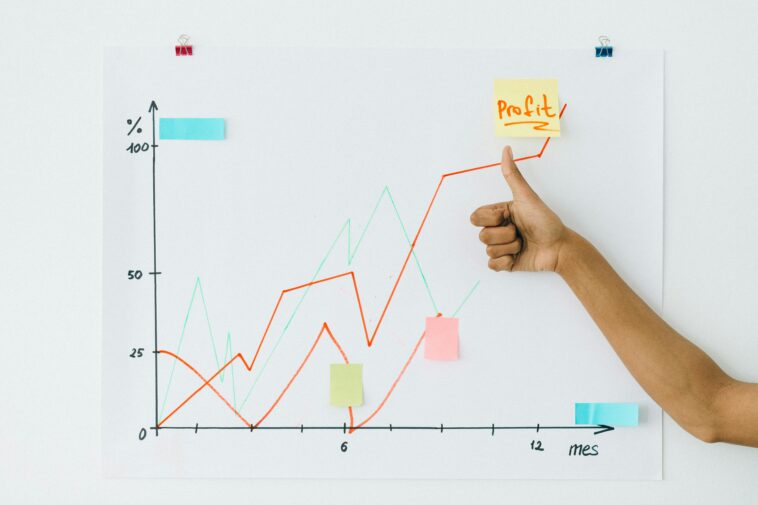According to a report by Africa: The Big Deall, November witnessed a remarkable achievement as 32 African startups collectively secured $180 million in funding, excluding exits. This milestone brings the total funding for 2024 to nearly $2 billion.
The funding breakdown revealed $122 million (68%) in debt, $55.5 million (31%) in equity, and $2.5 million (1%) in grants. Among the standout deals of the month was the International Finance Corporation’s (IFC) $80 million debt backing of Sun King in Nigeria, which alone accounted for 44% of the total funds raised in November.
Other notable transactions included Kenya-based internet service provider Mawingu, which secured $15 million in debt and equity to support its expansion across East Africa. Additionally, Ivorian fintech company Djamo raised $13 million in a Series B round—marking the seventh Series B deal of 2024, compared to 14 during the previous year.
Together, these four major deals represented two-thirds of the total funding for November. Furthermore, startups in Kenya and Nigeria dominated the funding landscape, attracting 76% of the funds raised during the month.
In November, notable exits in the African startup ecosystem included the acquisition of Egyptian construction tech company Elmawkaa by Saudi prop-tech firm Ayen, as well as the merger of energy-focused companies SteamaCo and Shyft Power Solutions.
So far in 2024, African startups have collectively raised $1.86 billion, excluding exit transactions. This funding is broken down into equity ($1.2 billion, representing 64%), debt ($635 million, or 34%), and grants ($33 million, making up 2%). While there is optimism about surpassing the $2 billion mark by the end of the year, it is expected that the total will fall short of the $2.9 billion raised in 2023.
Reflecting on Q3 2024, African startups secured over $600 million, which was more than double the amount raised in Q2, marking it as the best quarter of the year so far. This performance was comparable to Q3 2023 and was driven largely by two major deals: d.light’s $176 million multi-currency securitization facility and MNT-Halan’s $157.5 million funding round.
In Q3, 44 startups secured funding of $1 million or more, marking an improvement from the four-year low seen in Q2. However, this figure remains below the quarterly average of 55 recorded in 2023. Year-to-date, total funding stands at $1.4 billion, which is a positive comparison to pre-2020 levels but represents a 38% decline from the same period in 2023. Despite this, the number of startups raising $1 million or more has remained relatively stable, experiencing only a 6% year-over-year decrease.
The funding trends and developments of 2024 present a mixed picture for African startups, highlighting both opportunities and challenges. The notable reliance on debt financing, which accounted for 68% of November’s funding, demonstrates that startups are increasingly finding ways to secure capital without diluting their equity. This approach can enable founders to retain greater control over their businesses while still accessing the resources needed for growth and scaling.
However, the uneven distribution of funding across the continent underscores the challenges faced by startups outside established hubs like Kenya and Nigeria in accessing capital. Addressing this disparity through a more geographically and sectorally diverse investment approach could be key to unlocking the full potential of African startups.
African startups continue to showcase remarkable resilience and adaptability, capitalizing on the increasing interest in key markets and sectors. Despite ongoing challenges, these advancements highlight the strength and potential of Africa’s startup ecosystem within an evolving funding environment. However, for the ecosystem to achieve long-term success, it is essential to address regional disparities, diversify funding strategies, and build stronger investor confidence.
 We just launched our WhatsApp channel. Want to get the latest news from the Tech in Africa?
We just launched our WhatsApp channel. Want to get the latest news from the Tech in Africa?



